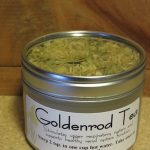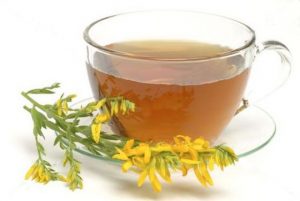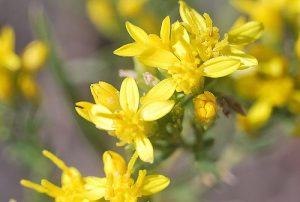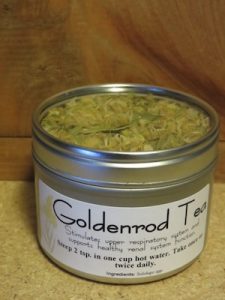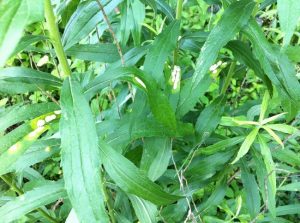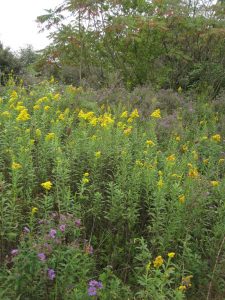Goldenrod Tea
Goldenrod Tea made from the flowers, leaves, and stem of the goldenrod plant has a pleasant flavor along with an array of useful compounds and minerals, which therefore makes it a healthy beverage.
History and origin
Occupying a significant place in American History, the tea came to be known as “Liberty Tea” and was the only beverage opted for when the European Americans boycotted English tea after the Boston Tea Party in 1773. Later in the 19th century, the tea was called “Blue Mountain Tea” and was exported to China. Besides its soothing taste, different varieties of the tea were also used by the Native Americans for curing various ailments.
Health benefits: what is it good for
Anti-inflammatory properties
The presence of a phenolic glycoside called leiocarposide and bioflavonoids such as kaempferol and quercetin that are found in the tea may help to reduce tissue inflammations of the urinary tract as well as other painful conditions such as gout, arthritis, and joint pain.
As an astringent
The astringent, tannins in the tea seem to fight against the bacterial action providing relief from sore throats, also inclined to prove useful during seasonal ailments like cold and flu. Tea made from sweet goldenrod seems to be an able astringent agent to effectively tackle the problems of a runny nose and sneezing that are common with environmental allergies.
For the kidney
According to several studies, the tea’s storage of flavonoids and saponins may stimulate the kidney for an increased flow of urine thereby proving beneficial in combating urinary tract infections or kidney stones. Further, the astringent and antiseptic effect of goldenrod tea help to tighten and tone the urinary system, thus being beneficial against infections of the urinary tract and bladder.
Approved by the German Commission E as a flushing out therapy, it also does not lessen the levels of vital electrolytes such as sodium and chloride.
As an expectorant
The tea may effectively break and eliminate mucus from the lungs, helping to minimize respiratory tract congestion.
For heart health
The tea’s storage of the flavonoid, rutin contributes towards increasing the capillary strength also supporting the circulation of the cardiovascular system.As a hypotensive agent, the tea facilitates an efficient elimination of cholesterol, proteins, and albumins from blood, thereby maintaining a healthy heart.
Antifungal properties
The presence of saponins gives goldenrod antifungal properties, helping it to fight against the Candida fungus. Besides applying the herb topically drinking tea prepared from it would be beneficial in minimizing yeast infections.
Improving the digestive system
Serving as a digestive tonic and carminative, the tea may provide relief from indigestion, dysentery, diarrhea and flatulence. By promoting the secretion of bile from the liver, it helps in a better digestion.
As a vulnerary
It is believed that the Native Americans applied the tea on bruises and wounds to get relief. A strong infusion of the herb seems to be beneficial when used to wash sores or ulcerated tissue from toothaches.
Diaphoretic property
The tea consumed during fever may lessen its severity by opening the pores of skin so as to release sweat.
How to make goldenrod tea
- Take two teaspoons of fresh or dried chopped goldenrod leaves and flowers in a cup
- Add boiled water
- Cover and steep for twenty minutes
- Strain and drink
- You can add honey to sweeten its mild bitter after taste
For having goldenrod root tea or goldenrod seed tea, you need to add a handful of the roots or two teaspoons of the seeds to a cup of boiling water and steep.
Safety precautions
Side effects
Although the tea does not have any known side effect, overconsumption may lead to stomach disorders such as vomiting and diarrhea.
In pregnancy
Since not much is known about its use in pregnancy, pregnant and breastfeeding mothers should take the tea only after consultation with the doctor.
Where to buy
You can buy goldenrod herb or tea bag online as well as in herbal stores.
Article was last reviewed on 25th November 2022
Related Articles
Leave a Reply
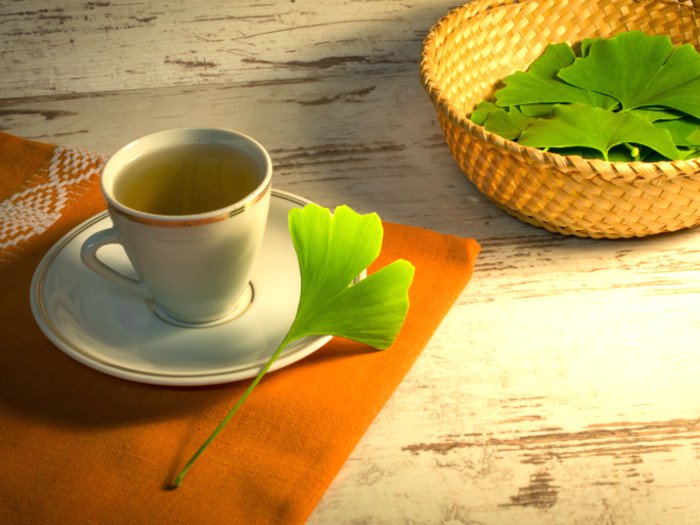
Ginkgo Biloba Tea
The Ginkgo Biloba tea is an herbal infusion obtained from the extract of the dried leaves
Read more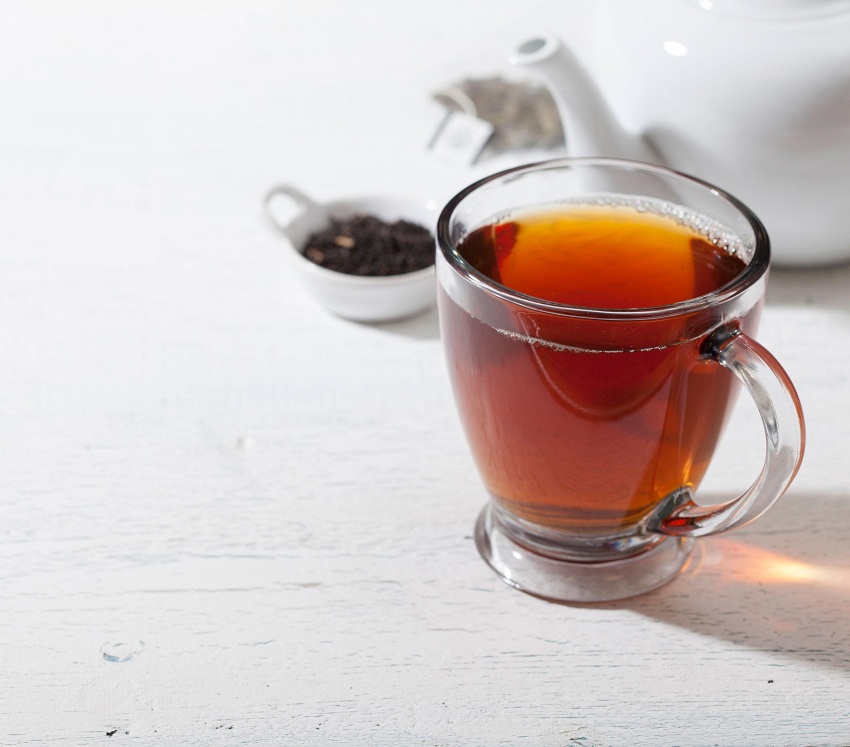
Black Tea
Black tea, belonging to the same group as the green, white and oolong teas is the most oxi
Read more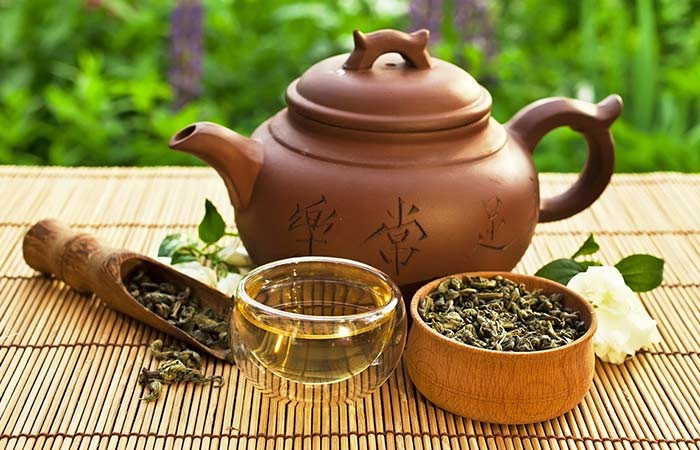
Oolong Tea
What is oolong tea Oolong, a traditional beverage of China, is prepared from the buds, st
Read more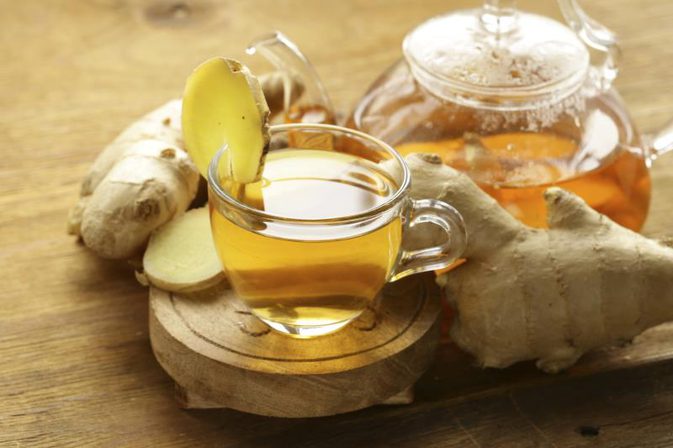
Ginger Tea
Ginger tea, prepared from the roots of ginger, is a popular herbal beverage of Asia. Becau
Read more
